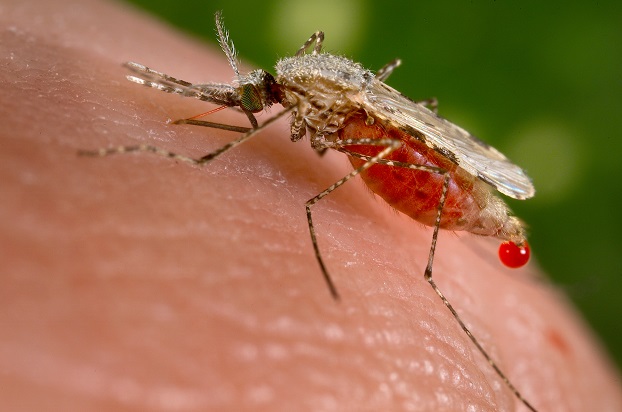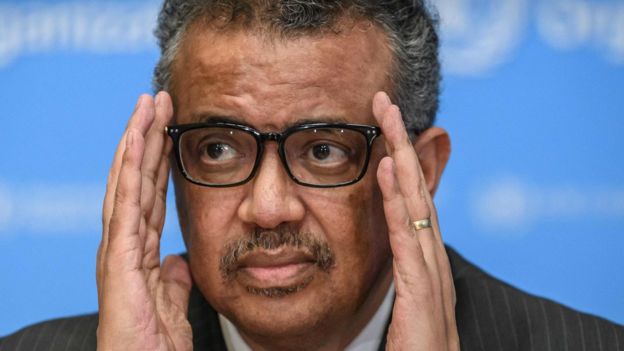Health workers have raised concern over the high number of patients returning for a new round of malaria treatments shortly after receiving similar treatment.
Dr. Mukuzi Muhereza, a health practitioner and former Secretary General of the Uganda Medical Association told URN that both health workers in the Outpatient and Inpatient units are seeing a lot of cases return to the hospital sometimes with severe malaria shortly after completing their initial doses.
Mukuzi says just on Tuesday, twenty-three of the thirty-two females admitted to the female ward at his facility presented with severe malaria despite the fact that January is usually dry and not a high malaria season. One of the cases he said, had received their last dose of malaria treatment on December 30th, 2022.
Countrywide, according to the Ministry of Health (MOH), they are recording a decrease in the number of districts reporting a surge in malaria although deaths from the disease are still high averaging four hundred people per month.
Speaking to URN in an interview on Tuesday, Dr. Cedrick Nakogera an official in the Malaria Control Division in the Ministry of Health, said they have received complaints about the return of patients with severe forms of the disease shortly after treatment and that they suspect it could be a result of sharing drugs among family and friends.
He said under normal circumstances where a patient has fully and appropriately had their treatment, they should take a month or more before falling sick again.
Uganda’s treatment guidelines for malaria recommend the use of Artemisinin-based combination therapies (ACTs), which are a combination of two or more drugs that work against the malaria parasite in different ways.
For uncomplicated malaria, a common drug cortex is recommended, and injection ACTs for severe forms. These medicines were introduced in 2006 when Uganda discontinued the use of chloroquine as a first-line treatment.
Unlike reports from elsewhere in the world showing this class of drugs is increasingly being resisted by the malaria parasite, Nakogera says the medicines are still effective in Uganda noting that therapeutic efficacy studies are still ongoing where people are being monitored while on treatment.
The ministry of health is embarking on conducting medical camps targeting initially districts that have recorded the highest number of severe cases. Kakumiro district is the first to benefit from such camps where preventative and treatment information will be delivered, according to Nakogera.
-URN





